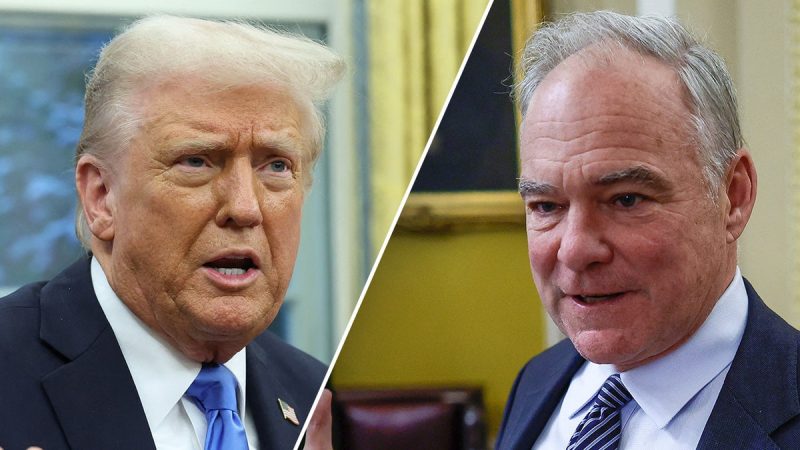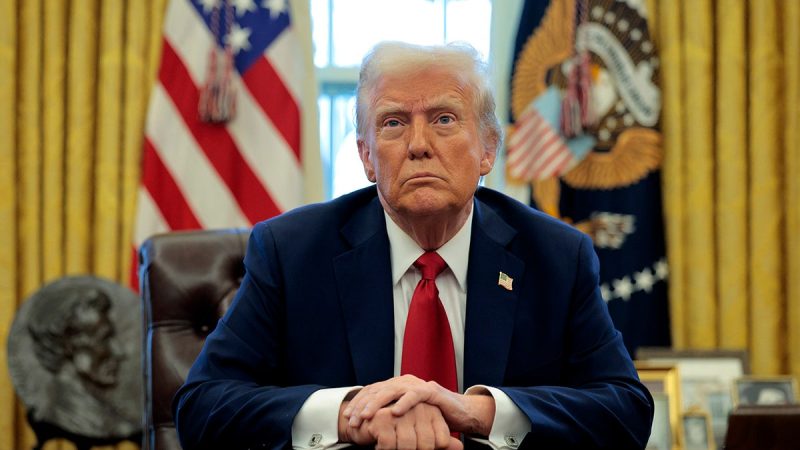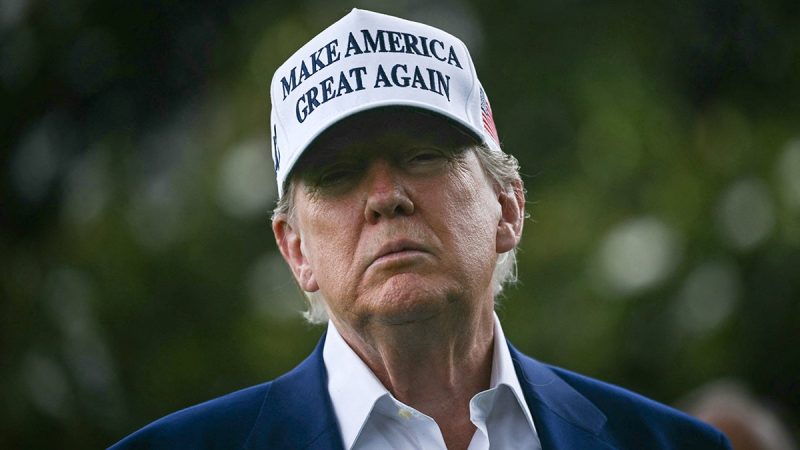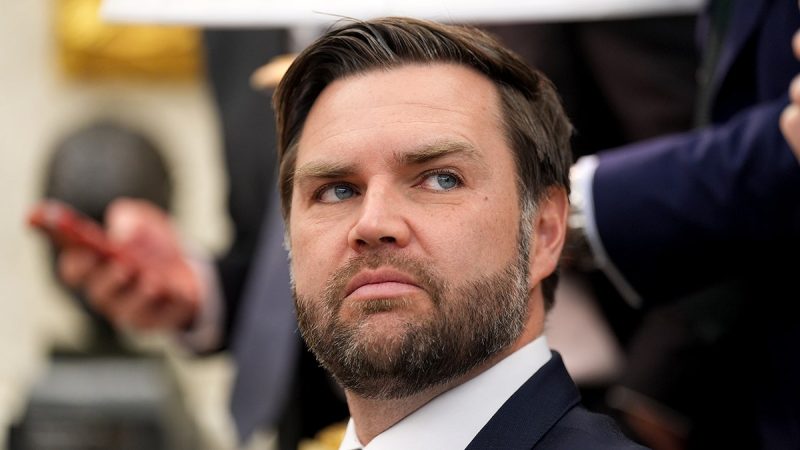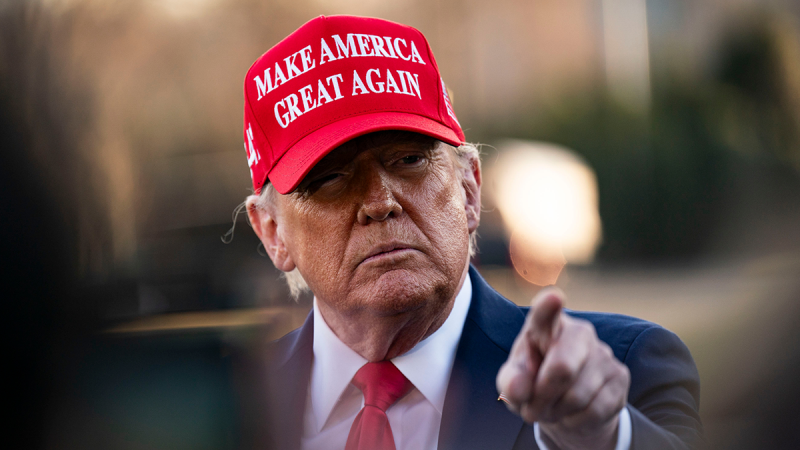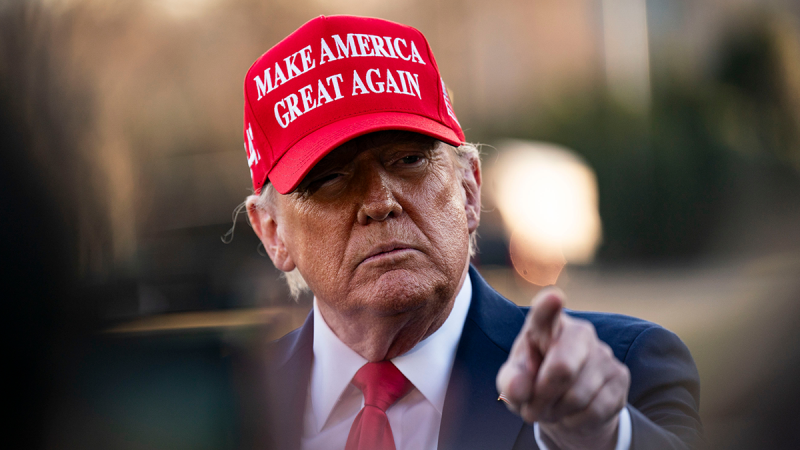
Min Young-jae has not seen or heard anything about her eldest brother for 75 years. He was 19 and she was only 2 when, during the early days of the Korean War, he was kidnapped to the North.
Their peaceful days were shattered on June 25, 1950, when North Korea invaded the South. The three-year war would kill more than 847,000 troops and about 522,000 civilians from both sides, and tear apart more than 100,000 families, including Min’s.
After the war, the family kept the rusting doors of their tile-roofed house open, in hopes that their eldest would one day return. But over time, barbed wire has been installed between the two Koreas, and a modern apartment complex has replaced the house.
Though 75 years have passed without a single word about or from the brother, Min and her siblings remain hopeful that they will hear about him some day. Or, if not him, then his children or grandchildren.
The family lived in Dangnim village, nestled between green mountains on the western side of Chuncheon city, nearly 100 kilometers northeast of Seoul. It was a village of chirping birds, streaming water and chugging tractors.
It was also dangerously close to the 38th parallel, which divided the peninsula after World War II.
Min Young-jae, the youngest of seven, does not remember fighting with any of her siblings growing up; only sharing tofu that her parents made, splashing in the stream and being carried around on her eldest brother’s shoulders.
Handsome, kind and smart, Min Young-sun was studying at the Chuncheon National University of Education, following in the footsteps of his father, the principal of Dangnim Elementary School.
“His nickname was ‘Math Whiz.’ He excelled in math, even his classmates called him Math Whiz,” Min Jeong-ja, the fifth child of the family, said.
Some days, students followed him all the way home, as he commuted via train and boat, asking him to teach math, the sisters recalled.
The sisters remember Min Young-sun as a caring brother. They caught fish and splashed in the nearby stream, now widely covered with reeds and weeds and almost out of water.
“We grew up in real happiness,” Min Jeong-ja said.
Living near the frontier between the newly separated Koreas – backed by the rival ideological forces of communism or capitalism – Min’s family was among the first to experience the horrors of the Korean War.
When Kim Il Sung’s North Korean troops invaded, Min Jeong-ja remembers seeing her grandmother running in tears, with a cow in tow, screaming: “We’re in a war!”
“We all spread out and hid in the mountains, because we were scared. One day, we hid the 4-year-old, Young-jae, in the bushes and forgot to bring her back because we had so many siblings. When we returned that night, she was still there, not even crying,” Min Jeong-ja said.
While the family was running in and out of the mountains, taking shelter from the troops coming from the North, Min Young-sun was kidnapped, taken to the North by his teacher.
“The teacher gathered smart students and hauled them (away). He took several students, tens of them. Took them to the North,” Min Jeong-ja said.
It is unknown why the teacher would have kidnapped the students to North Korea, but the South Korean government assumes that Pyongyang had abducted South Koreans to supplement its military.
“People called the teacher a commie,” Min Jeong-ja said.
That heartache was soon followed by another: the death of the second-eldest brother. He died of shock and pain, in deep sorrow from the kidnap of his brother, according to the sisters.
“The grief was huge. Our parents lost two sons… imagine how heartbreaking that would be,” Min Jeong-ja said.
For their father, the pain of losing two sons was overwhelming. He developed a panic disorder, she said, and would struggle to work for the rest of his life.
“He couldn’t go outside; he stayed home all the time. And because he was hugely shocked, he struggled going through day-to-day life. So, our mom went out (to work) and suffered a lot,” Min Young-jae said.
The mother jumped into earning a living for the remaining five children and her husband. Still, every morning she prayed for Min Young-sun, filling a bowl with pure water as part of a Korean folk ritual and leaving the first scoop of the family’s rice serving that day in a bowl for a son whom she believed would return one day.
“She couldn’t move house; in case the brother cannot find his way back home. She wouldn’t let us change anything of the house, not even the doors. That’s how she waited for him… We waited for so long, and time just passed,” Min Jeong-ja said.
Min Jeong-ja was 8 years old when the war started, but witnessed brutality that would overwhelm many adults.
“So many kids died. When I went out to the river to wash clothes, I occasionally saw bodies of children floating,” she recalled.
She remembers witnessing North Korean soldiers lining up people in a barley field, and shooting at them with submachine guns. “Then one by one, they fell on the barley field.”
“I saw too much. At one point – I didn’t even know if the soldier was a South Korean or North Korean – but I saw beheaded remains.”
The Min family is one of many torn apart by the war. More than 134,000 people are still waiting to hear from their loved ones believed to be in North Korea, which is now one of the world’s most reclusive states, with travel between the two countries nigh-on impossible.
Years after the Korean War, the two Koreas discussed organizing reunions for the separated families that have been identified from both sides through the Red Cross and both governments.
The first reunion happened in 1985, more than 30 years after the ceasefire agreement was signed, and the annual reunions kicked off in 2000, when many first-hand war victims were still alive, but occasionally halted when tensions escalated on the peninsula.
Once the two governments agree on a reunion date, one of the two Koreas selects families, prioritizing the elderly and immediate relatives, then shares the list with the other, which would cross check the family on its side to confirm the list of around 100 members.
The selected families would meet at an office specifically built for reunions at the Mount Kumgang resort in North Korea.
The Min siblings applied to the Red Cross at least five times and listed themselves under the South Korean government as a separated family. But there was never any word on their brother’s whereabouts from the other side.
As 75 years passed, the siblings grew up, got married, and formed their own families – but questions about their stolen brother linger.
Even worse, the annual reunions of separated families have been halted since 2018, following failed summit between US President Donald Trump and North Korea’s leader Kim Jong Un in Hanoi, while first-hand victims of the war age and pass away.
The Kumgang resort was dismantled by the North in 2022, also amid strained tensions.
But the siblings, following their parents’ wishes, still hope to connect with Min Young-sun, who would now be 94 years old.
“It’s been a long time since we were separated, but I would be so grateful if you’re alive. And if you’re not, I still would love to meet your children. I want to share the love of family, remembering the happy days of the past… I love you, thank you.”
She and the siblings remember the kidnapped brother by singing his favorite song, “Thinking of My Brother,” a children’s song about a brother that never returned.
“My brother, you said you would come back from Seoul with silk shoes,” Min Young-jae sang, while her sister wiped away tears.
This post appeared first on cnn.com
